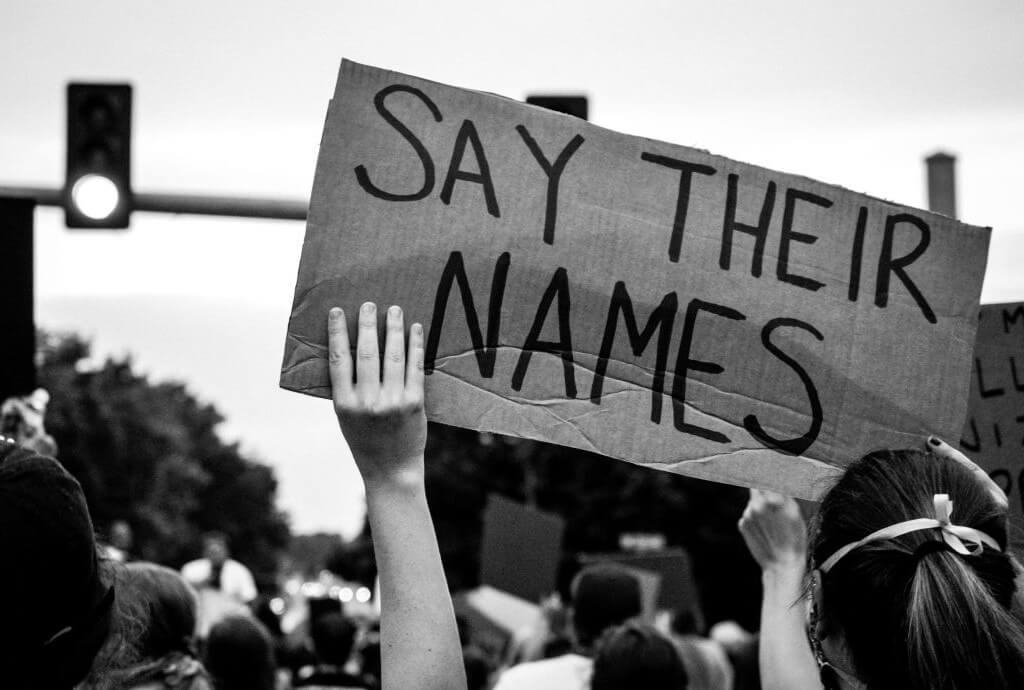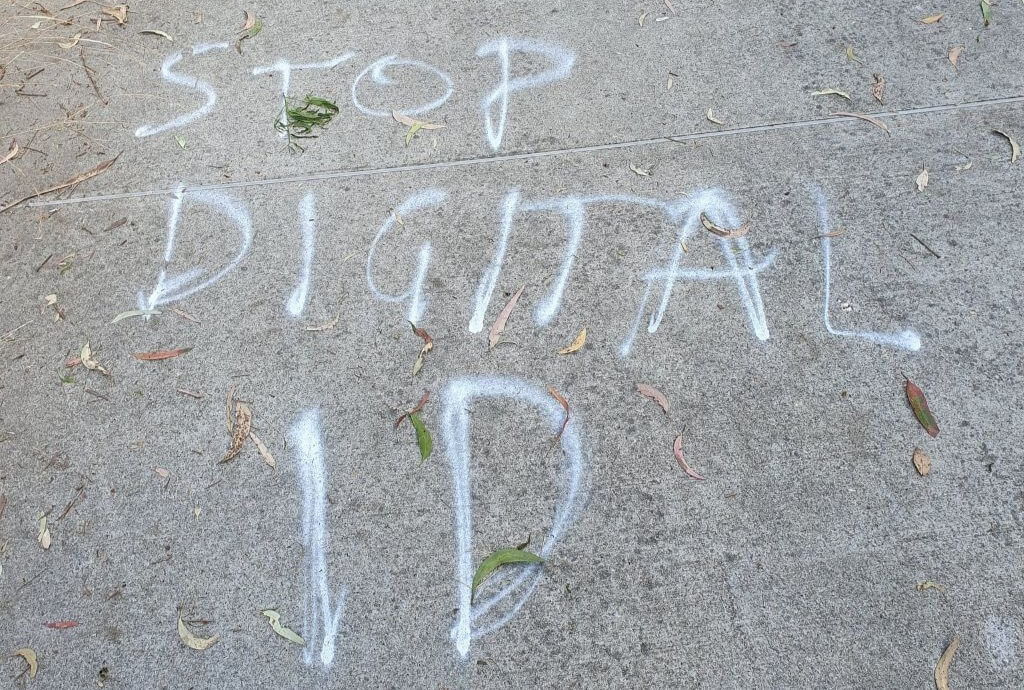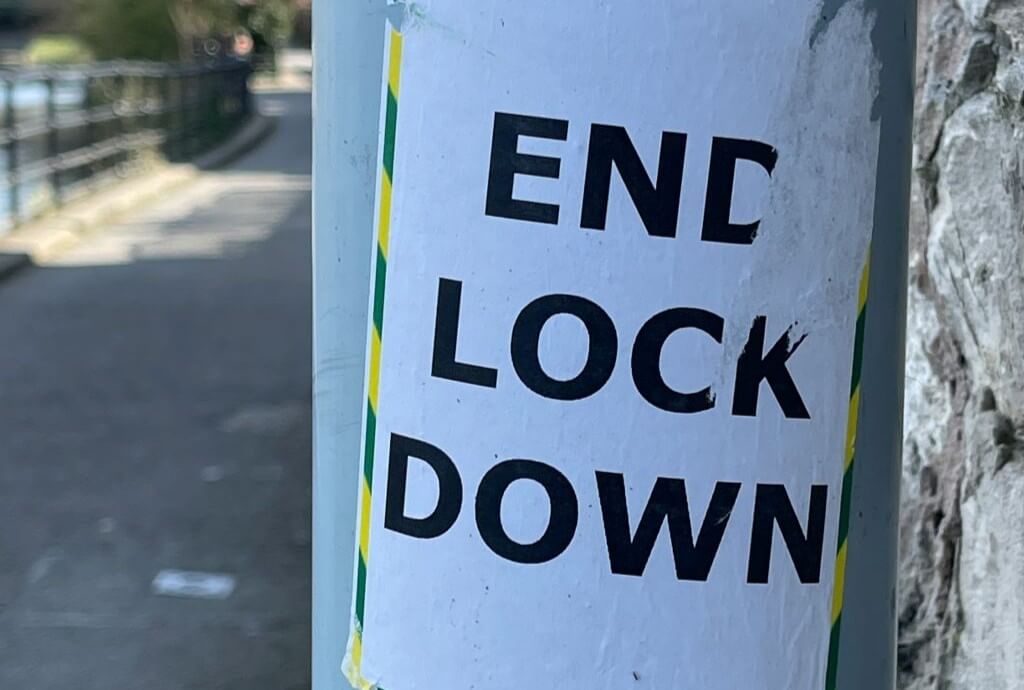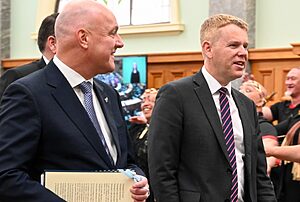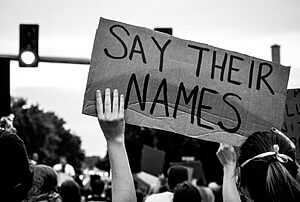Summarised by Centrist
A Canadian group instrumental in legalising assisted dying (known as ‘Medical Assistance in Dying’ or ‘MAiD’) in 2016 now warns of abuses and possible coercion affecting vulnerable people, including the disabled.
Staff from the British Columbia Civil Liberties Association (BCCLA) voiced concerns over patient coercion and doctors reportedly pressuring patients, including offering assisted death to some in non-terminal conditions.
A BCCLA staff member admitted to feeling “very uncomfortable” with these trends.
Originally intended for terminal patients, the law expanded in 2021 to cover disabilities, with mental health conditions set to follow by 2027.
Canadian law experts caution that once legalised, assisted dying criteria tend to broaden. Trudo Lemmens from the University of Toronto noted that, while opening access to assisted dying intended to alleviate suffering, it risks “normalising” the practice.
The first official review of Ontario’s cases revealed that nearly a third of those who opted for assisted death were not terminally ill, with a higher representation from low-income communities. This trend raises questions about accessibility and support for those in disadvantaged areas, with critics advocating better protections to prevent unintended pressures on vulnerable people.
With mounting evidence of coercion and a bill recently proposed in the UK, concerns over the ethical boundaries of assisted dying remain at the forefront of public debate.



